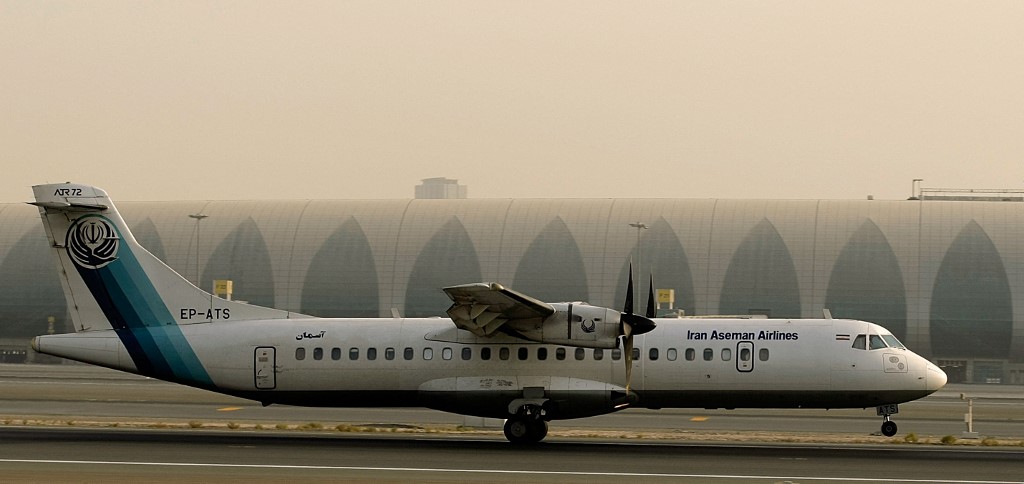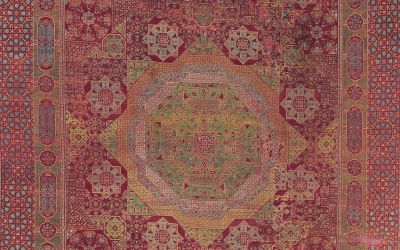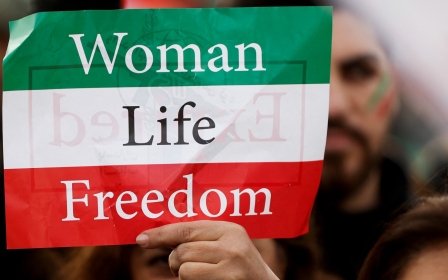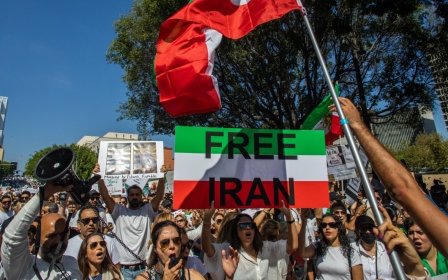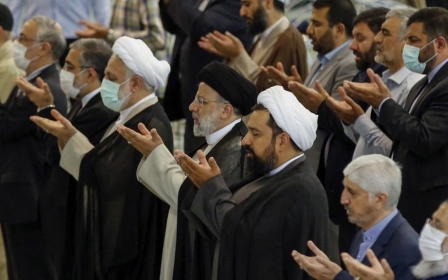Iranian press review: Russian women can attend football match, but not Iranians
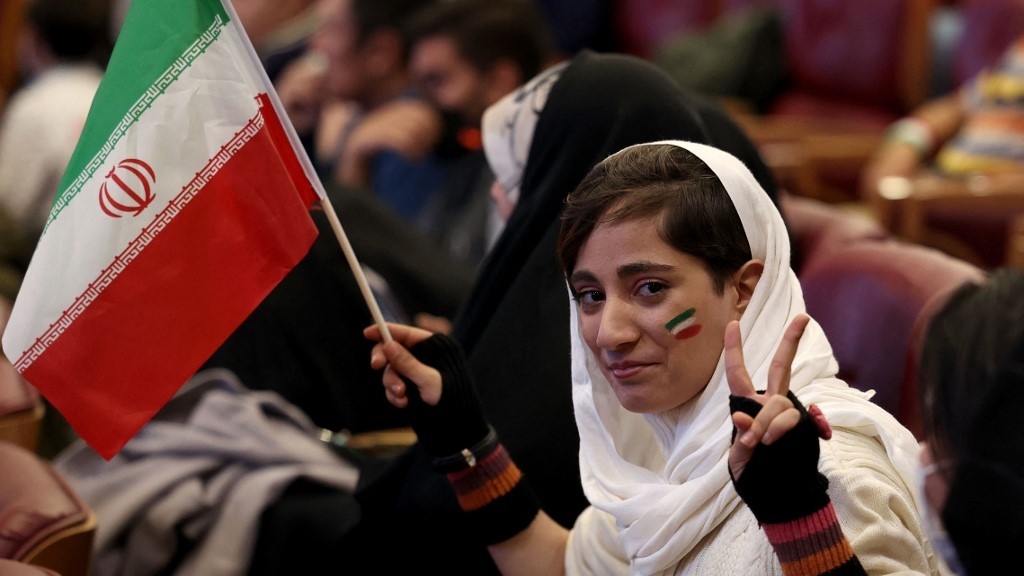
Anger at double standards over football match
Many in Iran are angry after Russian women were allowed to attend a football match while Iranian women are banned from stadiums.
On 17 February, a friendly match between Isfahan's Sepahan and Zenit St Petersburg was held in the city's Naqsh-e Jahan stadium. Local media reported that Iranian female football fans were not allowed to enter the stadium.
The ban was imposed on women following months of nationwide demonstrations, during which one of the main slogans of protestors was "woman, life, freedom".
Some dubbed the authorities' decision to block women from attending the game as "discrimination on top of discrimination; double discrimination".
Some others called the move "capitulation".
"Islamic capitulation means that Russian women are welcome to enter the stadium, but Iranian women are banned from entering," an Iranian Twitter user wrote.
The Shargh daily also criticised the double standards over allowing some female football fans into stadiums.
"It is not clear what exists in the stadiums that is not suitable for Iranian women but is suitable for Russian women," wrote the Shargh daily on Sunday.
Raisi's Chinese 'honorary professor' title mocked
The "honorary professor" title that Peking University awarded President Ebrahim Raisi during his latest visit to China has prompted mockery online, after his previous claims about holding a PhD in law had been disputed.
The award was given to Raisi amid strong criticism in Iran against him and former president Hassan Rouhani for inking a 25-year military and economic deal with China without disclosing any agreement details.
'China knows how to manage its colonial strategy … it secretly signs a 25-year deal to loot Iran...'
- social media user
"China knows how to manage its colonial strategy … it secretly signs a 25-year deal to loot Iran … and then it gives an honorary professorship to Raisi who had only studied for six years in school," wrote one social media user.
Raisi studied at Qom seminary, and when he was a deputy at Iran's judiciary, he was granted PhD admission without any previous university education, despite an official ban on studying at the same time as having a government post. The biography on his website says he finished the PhD program in 12 years.
Other Iranian social media users suggested that the move by China was made because of the significant discount that Raisi's administration granted Chinese companies buying Iran's oil despite the US sanctions.
"When China awards Raisi the title of honorary professor, it means that millions of barrels of oil were sent to China for free," wrote an Iranian Twitter user.
Families of plane crash victims seeking justice
The families whose relatives were killed in a plane crash in southeast Iran in 2018 have told the ISNA news agency that after five years, the court announced no decision about those responsible for the accident.
On 18 February 2018, an Iran Aseman Airlines plane en route from Tehran to Yasuj crashed, killing all its 66 passengers and crew.
Enayat Omidipour, the brother of one of the crash victims, told ISNA on Monday that the accident happened due to the failure of the Franco-Italian twin-engine turboprop ATR-72 plane's ice protection system.
"Despite the warnings by France to update the ATR planes' ice protection system, the updates were not done for the planes in the country," he was quoted as saying.
Omidipour added that three veteran pilots and several expert witnesses have testified in court about the case, yet those responsible for the crash have not been brought to justice.
The state-owned Aseman Airlines belongs to Iran's national pension organisation, and in 2016, the European Union banned the airlines from operating within the EU due to safety concerns.
Sanctions destroy Persian carpet exports
Iran's income from exporting Persian carpets, known as among the finest carpets in the world, has witnessed a sharp decline due to US sanctions and a severe wool shortage in the country, said experts.
The print version of Rouydad daily on Saturday reported that during the past decade, Iran's income from exporting carpets has declined from $2.5bn to less than $100m.
The global north was previously the leading purchaser of Persian carpets, a market Iran has lost due to sanctions.
Ali Shahbazi, director of the handwoven carpet producers syndicate in the Isfahan province, told the daily that wool shortage had been a severe issue for Persian carpet producers in recent years.
"The biggest part of coloured wool is now being exported to Afghanistan, and soon the country will face a difficult situation to provide the necessary wool for carpet producers," he said.
Afghanistan is one of Iran's rivals in producing handwoven carpets.
According to Shahbazi, wool exports from Iran has increased because of the problems related to exporting carpets under US sanctions, which had targeted Iran's banking system and money transfers.
Instead, Iranian exporters turned to alternative markets like Afghanistan, where they could sell the raw material used for producing carpets.
Reports said the carpets made in Afghanistan and Pakistan have been sold internationally as Persian carpets in recent years.
*Iranian press review is a digest of news reports not independently verified as accurate by Middle East Eye.
Middle East Eye propose une couverture et une analyse indépendantes et incomparables du Moyen-Orient, de l’Afrique du Nord et d’autres régions du monde. Pour en savoir plus sur la reprise de ce contenu et les frais qui s’appliquent, veuillez remplir ce formulaire [en anglais]. Pour en savoir plus sur MEE, cliquez ici [en anglais].



